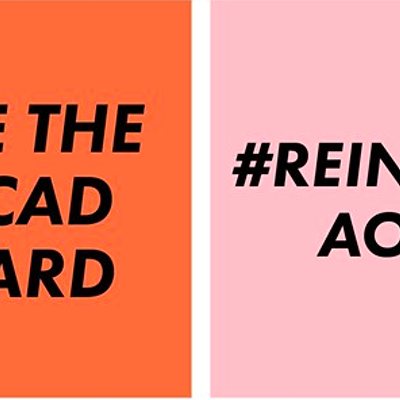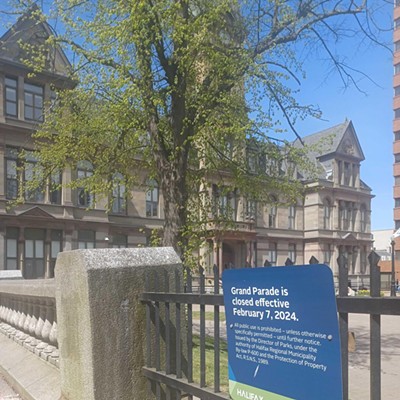Now comes a shocking revelation: while the province has said that sales information could not be made available to local companies or to citizens because doing so would violate people’s privacy, the very same information has been sold to an Ontario corporation, which in turns sells it to the biggest banks and financial firms in Canada.
To back up, sales information is an essential piece of knowledge that can help people appeal assessments, can help appraisers better identify true value and can help potential buyers better understand the market, and so make more informed offers on property. For those reasons, sales data have been publicly available in every other province in Canada, and in every US state.
But for the average person looking to buy a house or appeal an assessment, or for small firms like Turner’s and McMullin’s, Nova Scotia sales data are simply unavailable. It’s true that some sales information is available to some realtors associated with the Multiple Listing Service, but even that info is limited—data about private sales, made without MLS agents, are not available, and neither are government sales and purchases collected in an easily accessed database.
Arguably, because buyers do not have access to sales information, house prices are higher than they would be in a truly informed market.
Still, while regular Nova Scotians have no access to sales data, the Property Valuation Services Corporation, the non-profit agency charged with making assessments in the province, relies on government-provided sales data to make assessments. This is proper, and expected. What hasn’t been known before now, however, is that PVSC has been selling the data to its counterpart in Ontario, the Municipal Property Assessment Corporation. In turn, MPAC has been selling the data to its clients, mostly Bay Street financial firms.
Sales data were sold to MPAC under the terms of a 2009 contract, says PVSC spokesperson Shannon Veinotte Peterson. Last year, PVSC earned $61,114.17 from the sale of data.
"They've been discriminating against Nova Scotians," says McMullin. "What's more, it's been the public that has been paying to create this data that has the least access to it."
Service Nova Scotia, the agency responsible for collecting property sales data, has been rebuffing efforts to make that data public, all the while PVSC has been selling it, ultimately to Bay Street. Contacted by The Coast, a spokesperson for Service Nova Scotia minister John MacDonell says MacDonnell has had no knowledge of PVSC’s actions.
“Either the minister doesn’t know what’s going on at PVSC or he’s lying,” Turner tells The Coast. Turner has sent a letter of complaint to MacDonnell.
There is, however, good news. Thanks to prodding by both McMullin and Turner, the legislature this spring passed Bill 73, which finally makes property sales data a public record, starting next year. McMullin and Turner feared that Bill 73 would be interpreted to allow that data to be made available only by purchase through PVSC, but spokesperson Veinotte Peterson says that won’t be the case.
“PVSC supports the effort and intent to bring more transparency to the assessment process by enhancing information that will be publicly available through our website for the 2013 reassessment,” Veinotte Peterson tells The Coast.
What does this mean for the rest of us?
“It would improve our valuations, but everyone would have the data, so there’s no competitive advantage,” says Turner. “In some ways, it would hurt our business, because some people wouldn’t need our services---they could do it themselves.”
“A better informed consumer,” says McMullin, “is a more savvy consumer.”














